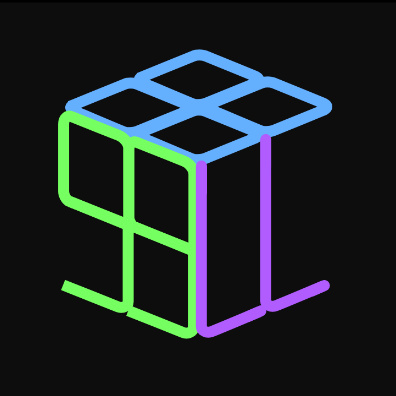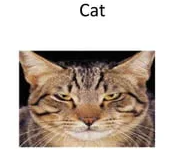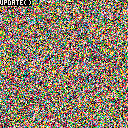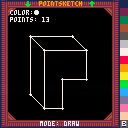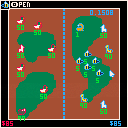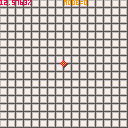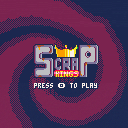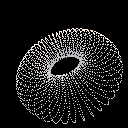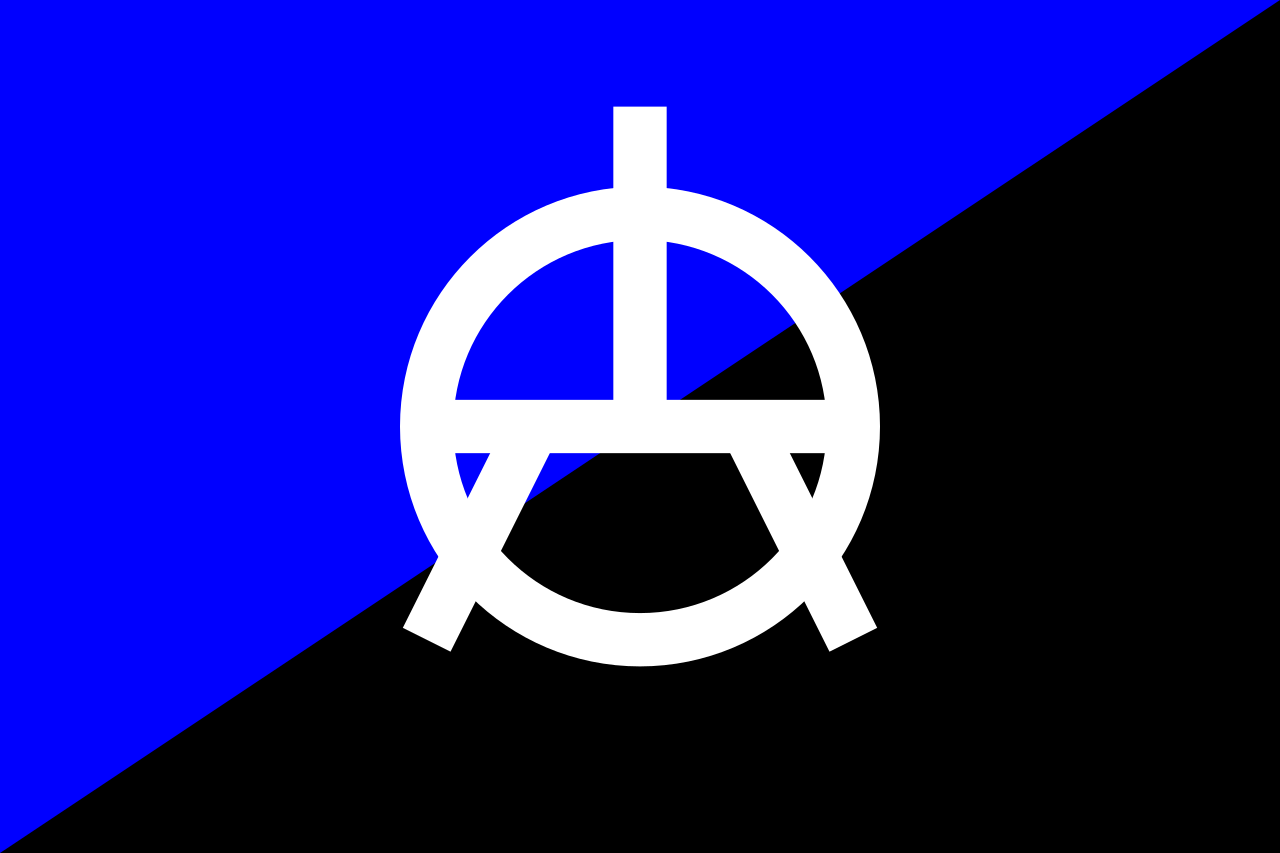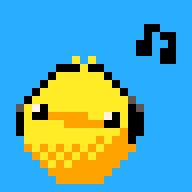
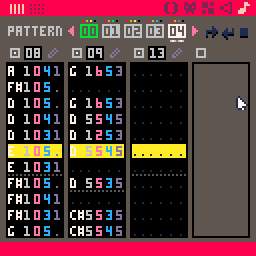
There seems to be some kind of flaw on my system when playing music via the music pattern editor: it'll start playing normally, with the display scrolling, but despite my making no input with mouse, keyboard, or controller, it will abruptly stop scrolling and leave the cursor behind.
My first thought was that perhaps the active SFX in the SFX editor had started, but that wasn't the case in any of my tests. There's no obvious pattern to it - it's not after a fixed duration, after a fixed number of patterns, or after a specific pattern appears - but in each of the files I tried, it stopped on the same places in two separate tests.
The music continues playing as normal and correctly - it's as if, at an unpredictable point, PICO-8 decided I clicked on the SFX or the cursor or something to edit the current SFX.
Edit: I posted below that this seems to happen when the SFX in the selected channel changes from one pattern to the next; doing a quick test on 0.2.4, I didn't see it happen there. It looks like this may have been introduced in 0.2.4b.
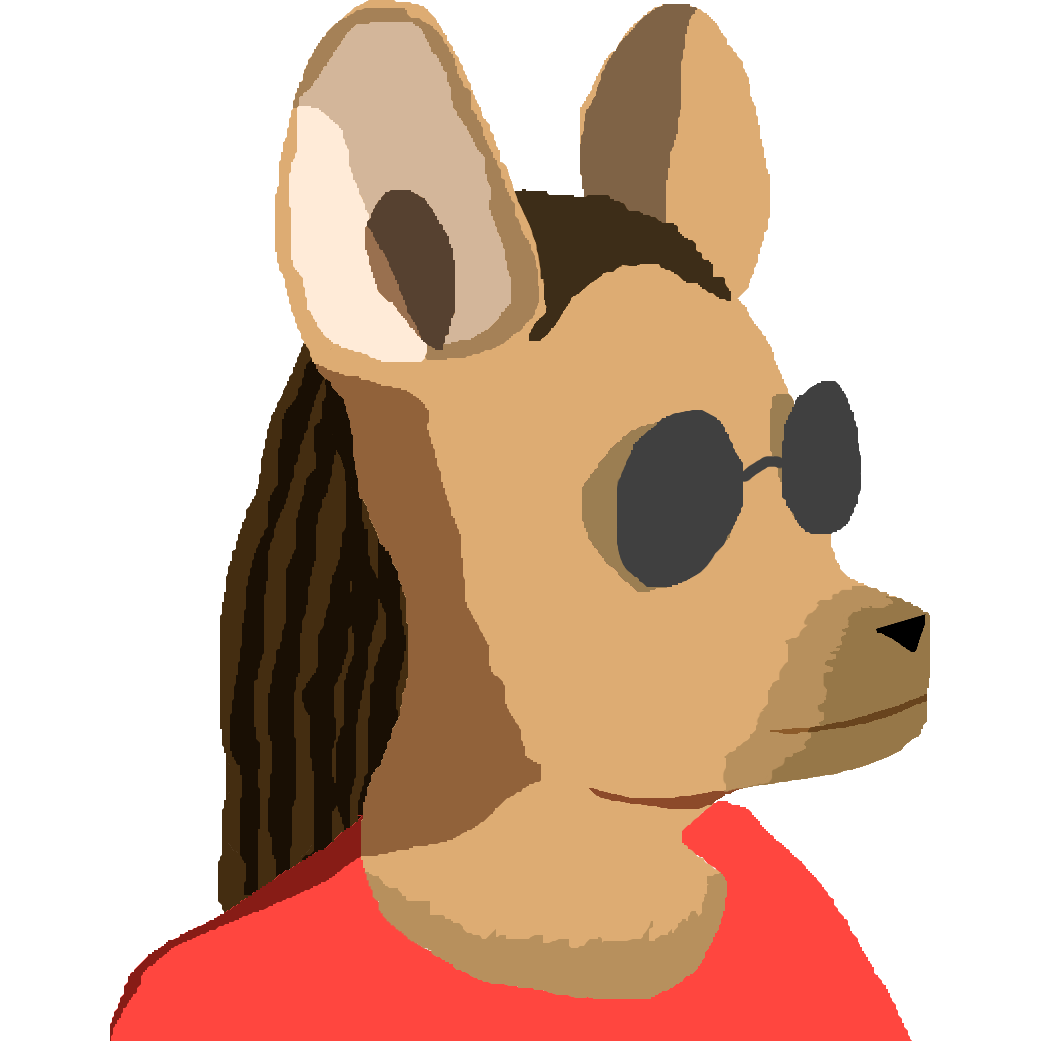


Screenshots


The Game
It's a sim-city like game with monsters and zombies of unknown origin.
You have to run a small colony, protecting the survivors and stacking resources.
It's my first Pico-8 Game, and I'm, learning by doing. I did a prototype in December and then rewrote everything.
I had many functions and objects in mind, but I realized I was close to the tokens limit.
So I had to choose only the most important features.
Controls
Z - action / selection
X - cancel action / selection
How to Play

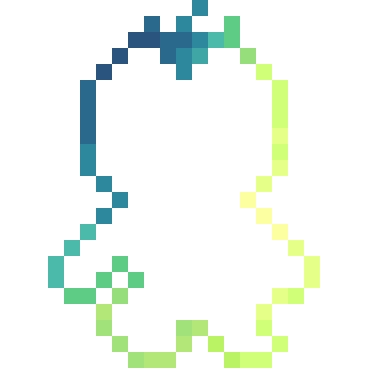

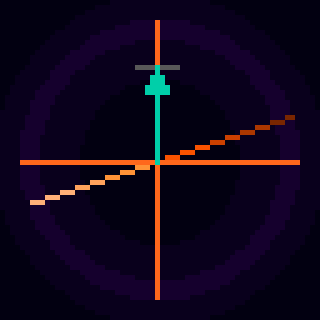
TO LOAD THIS CART in Pico-8, type in immediate mode,
load #draw_vs_update
Press 🅾️ to swap between using _update() and _draw(). When in _draw() mode you may need to hold 🅾️ down a bit to get it to the opposite mode.
Yet this confuses me. Why is it that draw() runs faster than update() ?
And yes you can change it to update60() that does run faster, but still not as fast as draw().



Pointsketch is a simple art tool based on points with three parameters: x, y and color. These points can be easily edited, and all of them are connected by lines in the order that they were created.
There are several things that can be done in Pointsketch, so here's a little guide:
Overview
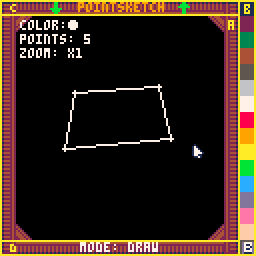
- Section A - insert/delete/edit points
- Section B - select/customize colors (alternate colors are marked with ◆)
- Section C - save sketch (⬇️) / load sketch (⬆️)
- Section D - change mode (draw/edit)
Controls
General use
- Arrow keys - scroll
- O/Z, X - zoom
Section A


TO LOAD THIS CART in immediate mode, type:
load #map_cpu
Press 🅾️ to swap modes:
MODE_______________ CPU 0 = map() ......... 12% 1 = rectfill() .... 1% 2 = for/end map ... 201% 3 = for/end fill .. 54% |
I am not understanding how it is that map() is so much slower than rectfill() when on modes 2 it is only 4x slower than its fill counterpart, mode 3.
It is not the details which should be pretty straight-forward. I mean isn't rectfill() also plotting pixels just the same one each time when compared to map() ?
This is the game that I made for the Trijam #156: The 3 hour game jam on Itch.io. If you want to play it, click on this widget.
<iframe frameborder="0" src="https://itch.io/embed/1396252?bg_color=222222&fg_color=eeeeee&link_color=5bfaf8&border_color=363636"; width="552" height="167"><a href="https://hole0.itch.io/short-tea">Short Tea by Hole0</a></iframe>
If the widget didn't load for you, the game will be right below this text (after I get this bug fixed.)

Probably a silly question, but I can't seem to work it out.
I have a slow function - it takes more than 1/30 of second to execute but needs to be done in the _draw() function. This makes my code slow and unresponsive and it's clearly not the way to do it.
So what I want to do is the following:
- run my slow function once in the _init() (drawing a bunch of stuff to the screen)
- capture the screen to extended memory
- in my _draw() function do repeated copies back to the screen
This works ... BUT ... when I run my slow function it shows on the screen (briefly, during _init() ). Probably because it overruns the 1/30 second _draw update time. I would rather suspend draw updates during _init().
So is there a way to suspend screen refreshing for a bit and then switch it back on?




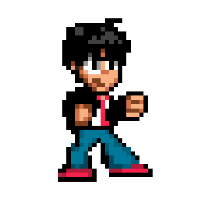
Hi, I decided to release my first PICO-8 game, before I tinker around with it forever :)
It's an orthographic view puzzle game, where your goal is to bring all the penguins to the finish line.
You start with one penguin, and the go and "recruit" or "activate" the rest of the penguins on the same level.
I'd love to hear your feedback.
Cheers
/Chris
Edit: tinkering around to have music play by default (the setting is persisted in the cart).
Edit2: I believe the perspective is called orthographic, not isometric.



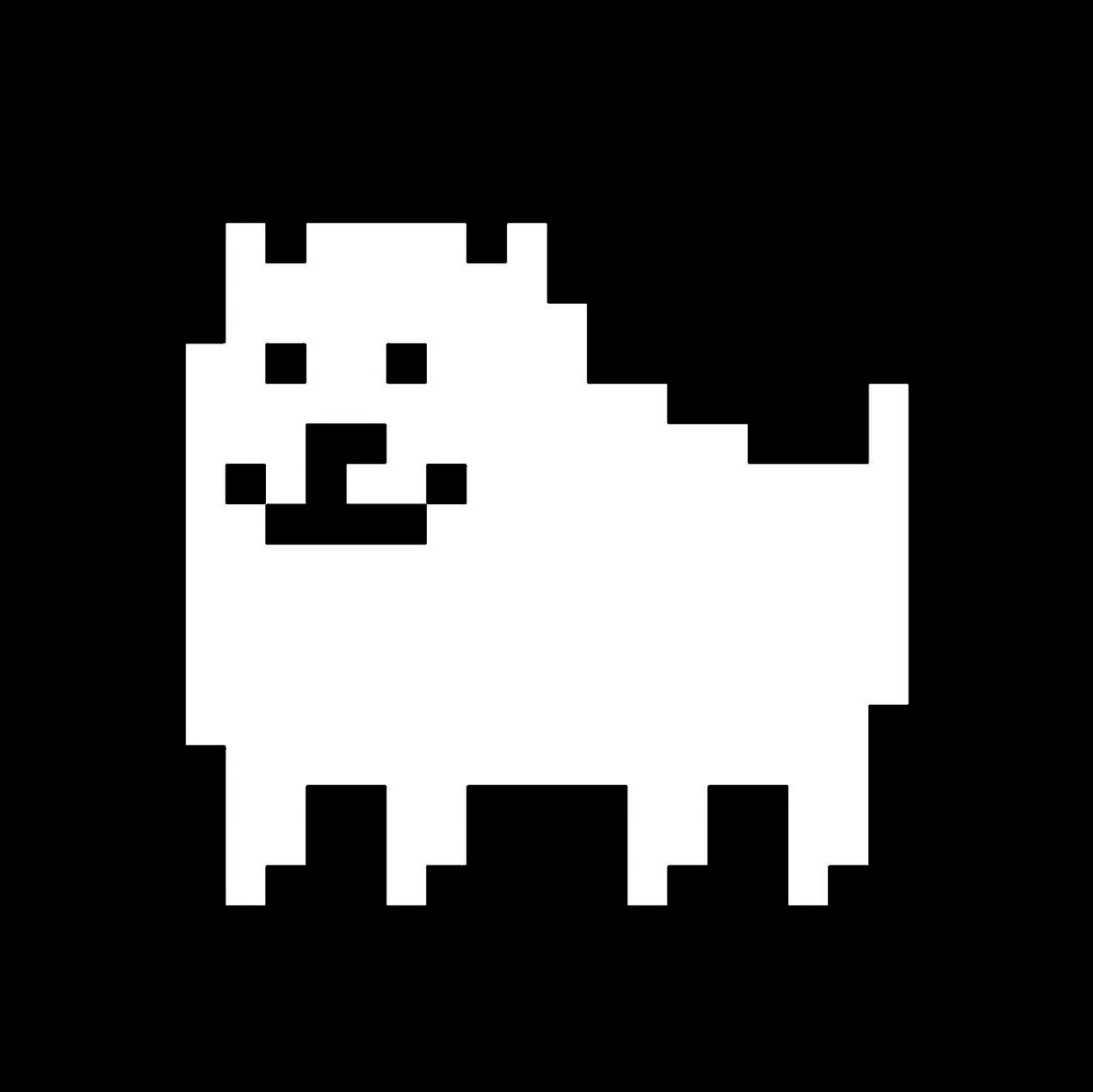
remake of
https://www.lexaloffle.com/bbs/?tid=39503
I couldn't get @9joao6 to respond to my requests for help so I made a remake myself!
new features:
all main levels from nuclear throne
crappy placeholder graphics
broken new enemies
a final boss that does nothing
ultra mutations
new characters
new weapons and weapon types
many many bugs
I think that is everything




.jpeg)



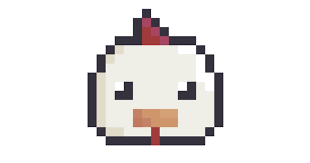

I came across this issue with loading my carts as .p8 files and I fixed by saving my carts as a .png file. And now I'm having trouble loading .png files too. Before that happened, when I was gonna change my settings using the config.txt, when I opened it up, the text file was empty. If you know how to fix one (or all) of these problems, let me know. Here is the two files that didn't load in to my Pico-8. BTW, I was following a tutorial on how to make a roguelike. Sorry if you run into some problems.


picoTre
picoTre is a 3d rendering library meant to give the user the same degree of freedom that pico8 provides, but in 3d. I also made a conversion script in python that let's you turn a blender file into an object within picoTre, here is the download. Here is the tutorial on how to use it. Objects have functions and variables that can be controled by the player so here is a tutorial that explains all of them. The triangle rasterization algorithm is by electricgryphon. This is a school project btw.



Hello! I've recently been trying to learn as much as I can about audio manipulation in PICO-8 lately, and recently found out about the \a control code.
You denote it with \a and can optionally follow it up with i and 0-7 to choose which instrument will be used:
print("\ai5ceg") --plays a c major triad using instrument 5 |
What I'm wanting to do is play a custom SFX instrument using this control code, but from what I've tried so far, it doesn't seem to be possible.
The first thing I tried was putting unique patterns in the first 8 SFX slots and testing with i 8-f (8-15) in the control code to see if any of them play, but it just seems to loop back to the standard waveforms 0-7.
The second thing I tried was toggling SFX Instruments: ON in SFX slot 8 and then specifically have the control code play from SFX slot 8
print("\a8i5ceg") -- c major triad in SFX slot 8
[ [size=16][color=#ffaabb] [ Continue Reading.. ] [/color][/size] ](/bbs/?pid=106685#p) |





 8 comments
8 comments









